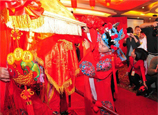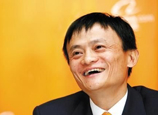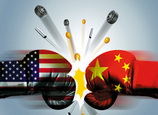
"A lot of affluent consumers buy luxury brands in response to social necessity and peer pressure," added Angela Wang, managing director of Boston Consulting.
"A consumer told me he thought he would be more respected for wearing luxury clothing brands. Another said he bought a Mercedes-Benz because he felt embarrassed to drive his Buick to attend a reunion of his old classmates."
The report, which was written using data obtained from a survey of 24,000 consumers around the world, also found that 72 percent of the affluent consumers polled had bought "popular" - meaning less-expensive - leisure clothes in the past year. But only 15 percent of them said they would buy a popular leather suitcase, an item that tends to be conspicuous on business trips.
The report said three quarters of those who make up the affluent class in 2020 will hail from relatively small cities. This emerging group, which will help drive consumption in China in the next decade, is expected to spend less time than average consumers on surfing the Internet to purchase items on e-commerce websites such as Taobao. They will instead be more likely to pay higher prices to make purchases on websites run by high-end brands.
Boston Consulting Group estimated the trading value of business-to-consumer websites will increase from the current 18 percent of all online trading to 40 percent by 2015.
Companies will find themselves catering for the so-called sugar generation, which is made up of the children of people now in the affluent class. In five years, those youngsters are expected to constitute 30 percent of that class, according to the report.
It said one of their main shopping interests will lie in buying products and brands that set them apart from others of the same age and they will be at ease with using the Internet.
















 Heavy snowstorm wreaks havoc in NE China
Heavy snowstorm wreaks havoc in NE China


![]()
